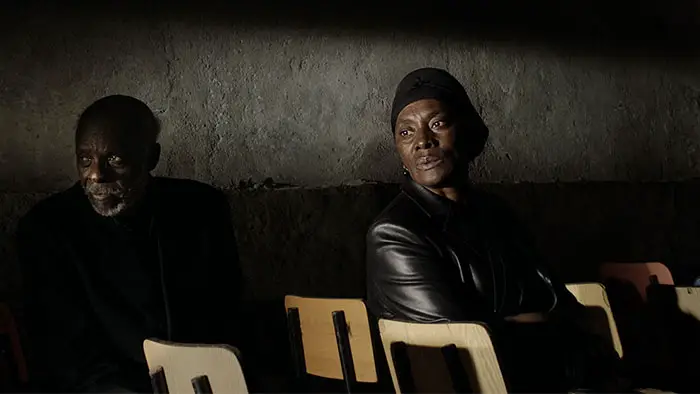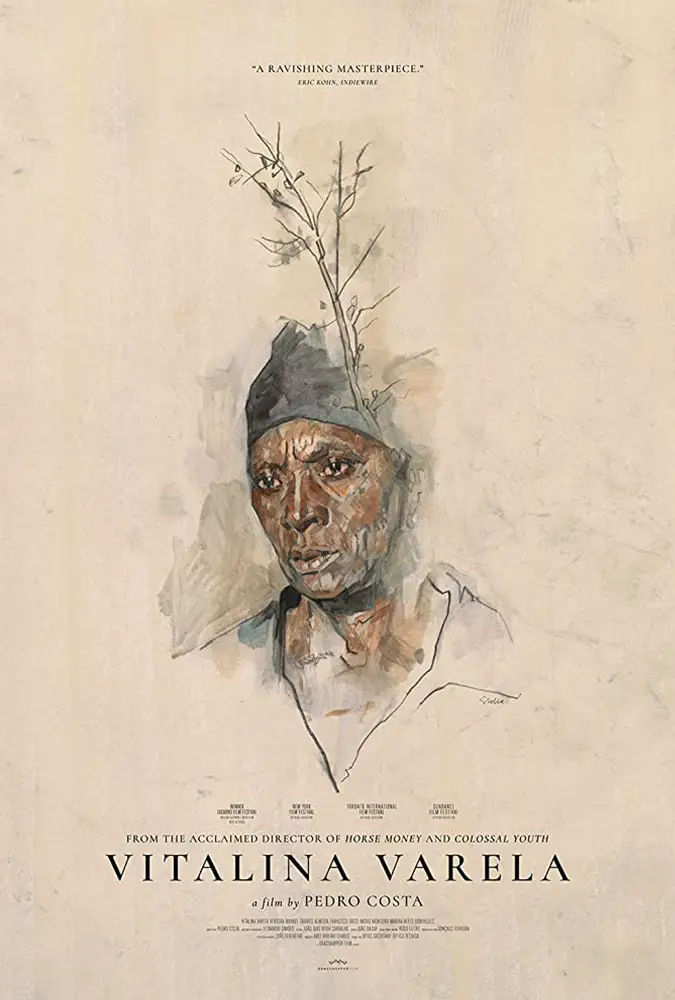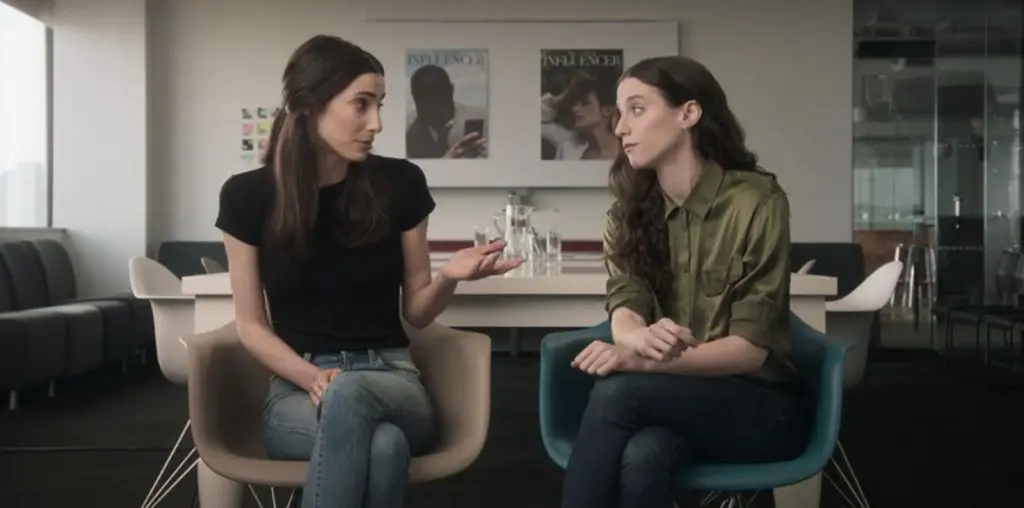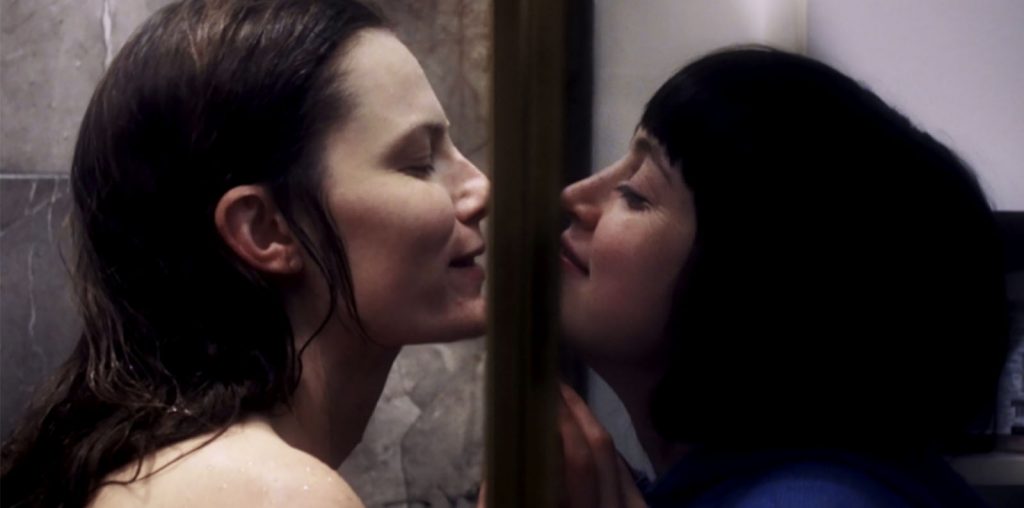
In a rare moment set during the daytime, Vitalina lets some sunlight into her room, and figures come pouring in from outside for her husband’s wake, offering their condolences. It’s a memorable, tragic sequence, whose luminosity alone makes it stand out from the dimly-lit, claustrophobic depictions of tormented folks, abandoned churches, and subterranean tunnels, with vein-like, malignant wires spreading over their walls. Costa favors religious imagery with crosses punctuating every other frame, in an attempt to find respite in God, much like his heroine. Alas, when she takes a shower, rocks tumble upon her.

“…you’re bound to walk away haunted…”
But Vitalina Varela isn’t just a sociopolitical/religious treatise about the underprivileged and forgotten people who live in train stations and forage for food at supermarkets. It’s primarily a character study, with Vitalina’s restrained performance being as expressive as it is subdued, as bitter as it is resilient. “There’s nothing left of that love, of that clarity,” she laments about her relationship, barely moving a brow but tearing through the soul. Another standout sequence involves Vitalina addressing her dead husband in his dilapidated home, reminiscing about how they built a beautiful house together in Cape Verde. Her nostalgia turns bitter when she speaks of how he left her to take care of the house: “I was working pregnant with a little girl that didn’t even have a name.”
A specific series of shots from the film still haunt me, and I know they will for days to come. A man wanders Lisbon’s grimy, dark streets, murmuring despondent, haiku-like phrases under his breath – “Candle on the mattress. Nothing left of what I love” – both mourning and questioning his role as a man, as a human being in this misbegotten society. Vitalina Varela has so many resonant scenes like this that you’re bound to walk away haunted by a few. It marks another major statement by a prominent filmmaker.

"…A languorous and poetic study of faith, grief, love, death, and regret..."


